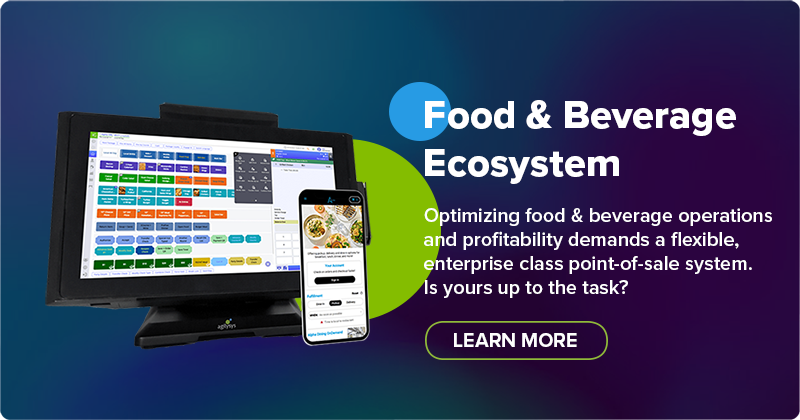
In today’s fast-paced, technology-driven world, self-service kiosks are becoming a common sight across various industries. From retail and hospitality to airports and healthcare, these kiosks offer efficiency, convenience, and enhanced user experiences. Higher education institutions are no exception, with many campuses adopting self-service kiosks to streamline operations and improve student services. In this article, we’ll explore the key benefits of implementing self-service kiosks on your campus and why they are becoming an essential tool for modern educational environments.
One of the primary reasons to implement self-service kiosks on your campus is the significant improvement in the student experience. Today’s students are accustomed to technology that provides instant access to information and services. Self-service kiosks cater to this expectation by allowing students to perform various tasks quickly and independently. Whether it’s checking in for an appointment, printing documents, accessing campus maps, or making payments, kiosks provide a convenient, user-friendly interface that reduces wait times and enhances overall satisfaction.
Campus administration often involves a myriad of tasks that can be time-consuming and resource-intensive. Self-service kiosks can help streamline many of these processes, freeing up staff to focus on more complex tasks. For example, kiosks can handle routine tasks such as issuing student ID cards, managing course registrations, processing fee payments, and distributing event tickets. By automating these processes, kiosks reduce administrative burdens and ensure that operations run smoothly and efficiently.
Self-service kiosks can play a crucial role in making campus services more accessible to all students, including those with disabilities. Many kiosks are designed with accessibility features such as adjustable heights, touch screens with large buttons, and voice-activated controls, ensuring that students with varying needs can easily access the services they require. Additionally, multilingual support can be incorporated into kiosks, helping international students and those who speak English as a second language navigate campus services with ease.
One of the most significant advantages of self-service kiosks is their ability to provide 24/7 access to campus services. Unlike traditional administrative offices that operate during standard business hours, kiosks can be placed in strategic locations around campus and remain operational at all times. This constant availability is particularly beneficial for students who have busy schedules, need assistance outside of regular hours, or are studying late at night. Whether it’s accessing library services, paying fees, or retrieving important documents, students can rely on kiosks to meet their needs whenever they arise.
While the initial investment in self-service kiosks may seem substantial, they can offer significant cost savings over time. By automating routine tasks, kiosks reduce the need for additional staff and minimize the likelihood of human error, which can lead to costly mistakes. Furthermore, kiosks can handle high volumes of transactions and services without the need for breaks or downtime, making them a more efficient and cost-effective solution in the long run. Many campuses find that the return on investment (ROI) for self-service kiosks is quickly realized through increased operational efficiency and reduced labor costs.
Self-service kiosks are not just tools for delivering services; they also provide valuable insights into student behavior and campus operations. Kiosks can collect data on usage patterns, service preferences, peak times, and more, allowing administrators to make informed decisions about resource allocation and campus planning. This data can also be used to identify areas for improvement, optimize service delivery, and enhance the overall student experience. By leveraging the analytics capabilities of self-service kiosks, campuses can continuously refine their operations to better meet the needs of their students.
In light of recent global health concerns, self-service kiosks have become an essential component of health and safety strategies on campuses. Kiosks can be used to support contactless interactions, reducing the need for face-to-face contact and minimizing the risk of spreading illnesses. For example, students can use kiosks to check in for appointments, complete health screenings, or access campus services without the need for physical forms or direct interaction with staff. Additionally, kiosks can be equipped with sanitizing features or touchless technology to further enhance safety measures.

Self-service kiosks are highly customizable, allowing campuses to tailor them to meet specific needs and goals. Whether it’s integrating the kiosks with existing campus systems, branding them with the institution’s logo and colors, or configuring them to offer specific services, the flexibility of kiosks makes them a versatile solution for any campus environment. Additionally, kiosks can be updated and reconfigured as needs evolve, ensuring that they remain relevant and effective tools for student services.
Finally, self-service kiosks can contribute to a campus’s sustainability efforts by reducing the reliance on paper and other physical resources. Many tasks that traditionally required paper forms or printed materials can now be completed digitally through kiosks, resulting in less waste and a lower environmental impact. This shift towards digital processes not only aligns with modern sustainability practices but also appeals to environmentally-conscious students who value green initiatives.
Self-service kiosks are quickly becoming an integral part of the modern campus, offering a wide range of benefits that enhance the student experience, streamline operations, and support accessibility and sustainability efforts. By investing in self-service kiosks, educational institutions can provide students with the convenience and efficiency they expect while also improving the overall effectiveness of campus services. As technology continues to evolve, self-service kiosks will undoubtedly play a key role in shaping the future of higher education.